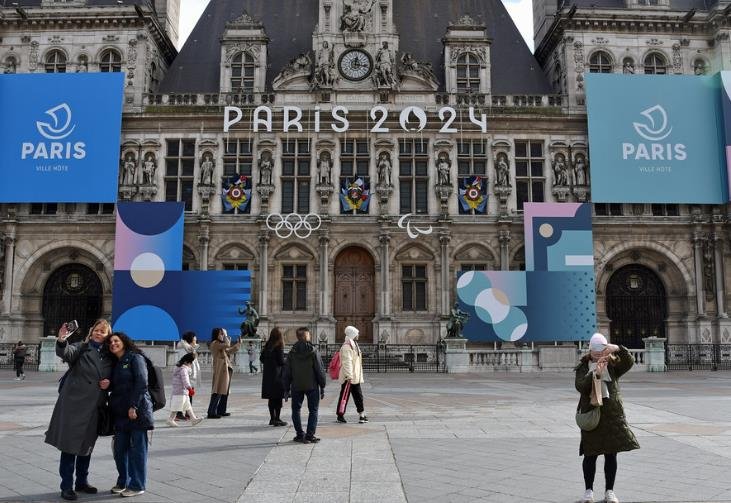In a controversial move, the French government has begun relocating thousands of homeless immigrants from Paris as the city prepares for the 2024 Summer Olympics. This initiative, which has sparked significant debate, aims to clear the streets of the capital before the influx of international visitors. Despite official statements denying any connection to the Olympics, many believe the timing and scale of the operation suggest otherwise. This article explores the financial, social, and political implications of this decision.
The relocation of homeless immigrants from Paris has profound financial and social consequences. Many of these individuals were promised housing and support in other cities, but the reality has often been starkly different. Reports indicate that some have ended up on unfamiliar streets, far from any support networks, exacerbating their already precarious situations.

The financial burden on these immigrants is significant. Relocation often means losing access to informal work opportunities and community support systems that were crucial for their survival in Paris. Additionally, the cost of living in some of the designated relocation areas can be higher, further straining their limited resources. This move has also disrupted the lives of many families, forcing them to start over in new, often less hospitable environments.
Socially, the displacement has led to increased isolation and vulnerability. Many of the relocated individuals are from African countries and have faced discrimination and hostility in their new locations. The lack of adequate support and integration measures has left them struggling to adapt, with some even facing threats of deportation. This situation highlights the broader issues of social inequality and the challenges faced by marginalized communities in France.
Political Repercussions and Public Response
The decision to bus homeless immigrants out of Paris has sparked a heated political debate. Critics argue that this move is a form of social cleansing, aimed at presenting a sanitized image of the city for the Olympics. Human rights organizations have condemned the government’s actions, calling for more humane and sustainable solutions to the homelessness crisis.
Public response has been mixed. While some support the government’s efforts to address homelessness, others see it as a superficial and inhumane approach. Protests and demonstrations have been organized by advocacy groups, demanding better treatment and support for the displaced individuals. The controversy has also drawn international attention, with media outlets and human rights organizations scrutinizing France’s handling of the situation.
Politically, this issue has put pressure on President Emmanuel Macron’s administration. The government’s handling of the relocation has been criticized for its lack of transparency and planning. The controversy has also highlighted the broader challenges of managing urban homelessness and the need for comprehensive, long-term solutions. As the Olympics approach, the political fallout from this decision is likely to continue, with potential implications for Macron’s leadership and public support.
Long-Term Implications for Paris and the Olympics
The relocation of homeless immigrants from Paris has significant long-term implications for the city and the upcoming Olympics. The move has raised questions about the sustainability and ethics of such large-scale displacement efforts. Critics argue that the focus on short-term solutions, driven by the desire to present a polished image for the Olympics, overlooks the deeper, systemic issues of homelessness and social inequality.
For Paris, the displacement of thousands of homeless individuals could have lasting social and economic impacts. The city’s reputation as a welcoming and inclusive metropolis is at stake, with potential repercussions for tourism and international relations. The controversy has also highlighted the need for more robust social policies and support systems to address homelessness and integration challenges.
The Olympics, often seen as a catalyst for urban development and renewal, are now associated with controversy and displacement. This situation underscores the complex dynamics between major international events and local communities. The long-term success of the Olympics in Paris will depend not only on the smooth execution of the games but also on how the city addresses the social and ethical challenges posed by this relocation effort.








